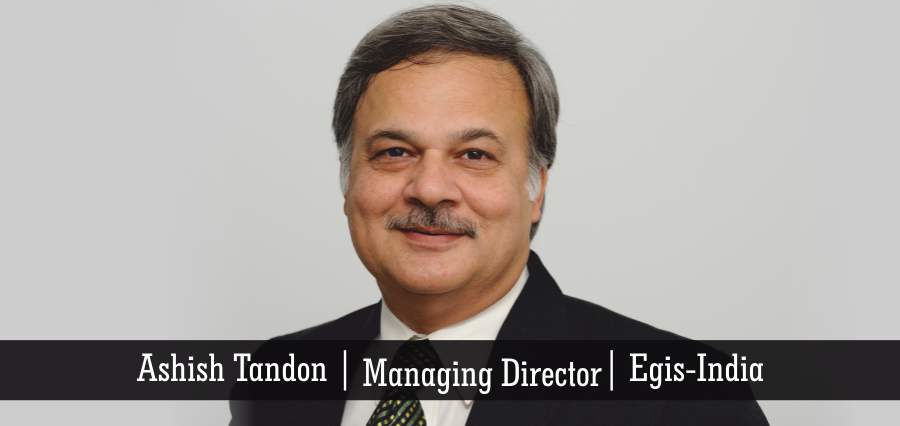As we all know, India is one of the fastest growing economies in the world today. It is viewed as the future global epicenter for manufacturing, engineering, tourism and services. The government has realized that the existing infrastructure is becoming a hurdle to achieve India’s ambition to become a leading global economic superpower. To overcome this challenge, India has pledged to invest around a trillion dollars towards infrastructure development. The intention and the funds alone will not be able to solve the situation. The need for specialists with experience and expertise are required to offer sustainable solutions to Indian infrastructure needs. That is where consultants come into the picture. So what is it that the consultants bring to the table?
Optimum utilization of time & resources through reduction in wastage:
Since the consultants come with prior experience and exposure in similar projects, they bring with them the experience of a solution that is already in existence. This experience helps in the reduction of time spent on the trial & error stage which optimizes resources by reducing wastage.
To give you an example, we are working on six metro projects in the country – Mumbai Metroline 3, Kolkata, Kochi, Chennai, Jaipur and Nagpur Metros. Each metro has been a new challenge for us due to the challenges presented by each project. However, years of working on metros around the world has made our team experienced enough to predict and analyze problems to arrive at possible solutions in advance. This helps in saving precious time and resource.
Global perspective:
Consultants with global exposure & expertise bring with them the knowledge of global projects which help in bench-marking projects against global standards.
When the intention of developing Smart Cities were announced by the Government of India, there was a lot of confusion on what exactly are smart cities and what parameters are to be considered for a city to be called smart. The Government had formed a panel of called Smart PIT (Project Initiation Team) to determine these factors. Egis, with its global experience of developing many smart cities around the world, was chosen as one of the members of this team to develop the framework for smart cities in the country.
Our global experience of working on smart cities is helping us in winning the confidence of the client as we work on the Bhubaneswar Smart City. The client trusts our judgment as our past work vouches for our ability to manage large projects of this stature.
Domain Expertise:
In most cases, the client or the end user may or may not be clear about the end product. They are aware of the need and the problem. The consultant is the competent person to analyze the problem and offer the right solution keeping in mind all the parameters. Since the consultants’ core competency is to offer solutions to a certain kind of problems, they are best suited to offer possible solutions based on hard facts and data.
When Egis was assigned the project of Shivaji Memorial in Mumbai, India, the Government of Maharashtra wanted to build the tallest memorial in the middle of the Arabian Sea. However, a structure of this kind (~200 meters in height) needs solid engineering skills that encompassed marine, structural and design expertise to build a memorial in the middle of the sea that can last for at least five hundred years. Egis’s prior experience of working on big structures globally, helped in understanding the client’s requirements, to suggest solutions that meet the expectations.
360 degree solution:
Many a times, problems need to be addressed at multiple levels to arrive at a sustainable solution. For example, a metro which is meant for smoother transportation is incomplete unless last mile connectivity is offered. This needs a holistic approach of problem solving that evaluates the problem at different levels and arrives at a solution. Consultants with experience of similar projects can offer holistic solutions which can offer a 360 degree solution.
Credibility:
A consultant is an independent third party expert who offers unbiased opinion which is best suited for the particular project. In many cases, the reputation of the consultant also adds value to the project.
Focus on core business:
The clients or the owners of the infrastructure in most cases are the government or the large private players whose core business may not be infrastructure development. For these companies or organizations, a lot of resources are deployed in infrastructure development monitoring which is a waste. These companies can hire consultants who are the experts in the domain of infrastructure and whose core business is infrastructure development.
To summarize:
Infrastructure is a vast and fast evolving field. There are constantly better innovations available which can offer sustainable solutions at minimum costs. It is not possible for the clients or their teams to be on top of such developments. The global consultants who are working on these projects across the globe on a regular basis can help bridge the gap. And ensure that the client’s get the best value for the capital invested and minimize risks through continuous developments in technology, engineering and processes.
About the Author
Mr. Ashish Tandon, Managing Director of Egis in India, presents the challenging projects of Egis in India (India-Myanmar-Thailand trilateral highway, Chennai Metro, Kochi Metro…) and the opportunities in the infrastructure sector.


